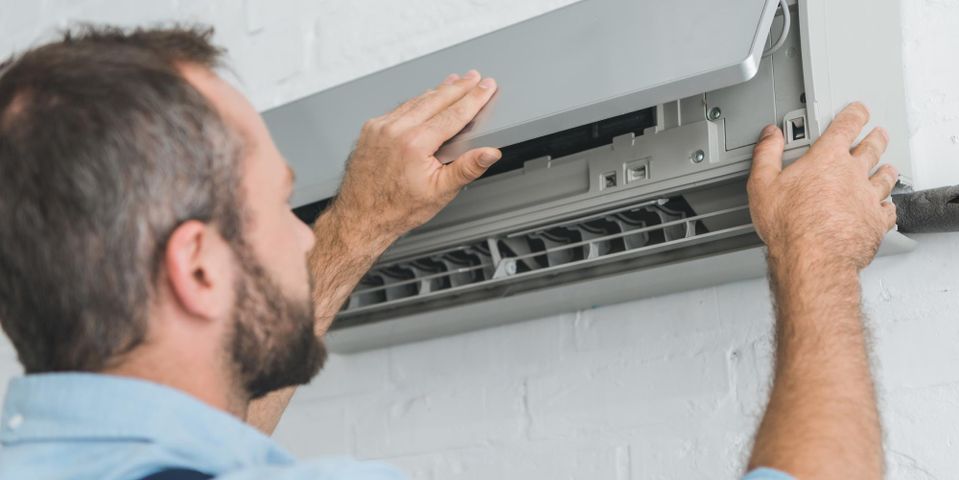
Maintaining your indoor air quality (IAQ) is crucial, especially for people with asthma or seasonal allergies. The health of your air conditioning system plays a big role in keeping your air supply free of contaminants. Below are a few commonly asked questions about promoting good IAQ, so you can better protect your household and family members.
4 Common Questions About IAQ
What is indoor air quality?
Many people only think of air quality in terms of outside pollution, such as smog or smoke from forest fires. However, as most people spend the majority of their time indoors, the quality of the air inside can have a greater impact on health. IAQ refers to the purity of air inside a structure and whether it is free free from dust, allergens, pollen, chemicals, or other contaminants. Circulation systems, such as air conditioners, have a direct impact on IAQ.
Why is IAQ important?
Because people spend lots of time indoors breathing air that gets recycled through an HVAC system, any pollutants can have a significant impact on health. Studies have shown that workers exposed to higher levels of volatile organic compounds (VOCs), which are vapors that form at room temperature from the off-gassing of paint, carpet, and other common items, have more illness and absenteeism. VOCs can be present in the home as well.
What are common health symptoms of poor indoor air quality?
Headaches, congestion, red or irritated eyes, sneezing, fatigue, brain fog, and dizziness may be short-term symptoms of bad quality air. Long-term health conditions may arise from exposure to pollutants or mold, such as respiratory issues, heart problems, cancer, or chronic fatigue. It’s still unclear exactly how much exposure can lead to more serious diseases, according to the EPA, which is why it’s essential to make promoting IAQ a priority at all times.
How do you improve IAQ?
You can boost your IAQ by maintaining your HVAC system at home or in the office. For the best indoor air quality, use high-efficiency particulate air (HEPA) filters, which block out most pollutants and reduce the circulation of allergens. Determining the right temperature to keep occupants comfortable and regulating humidity levels will prevent conditions from becoming too dry, which can cause sinus issues, headaches, and sore throat. Environments that are too humid can encourage mold growth and also cause respiratory discomfort. Consider using a humidifier or dehumidifier along with your air conditioner, depending on the climate, to assist in optimal indoor air quality. Businesses should test their IAQ on a regular basis, and everyone should have their HVAC systems tuned up once a year.
Good indoor air quality is crucial for good health. River Valley Air Conditioning in Fort Mohave, AZ, is a full-service air conditioning company that was established in 1955. They offer Kingman, Fort Mohave, and the Tri-State area HVAC design and installation services, and they are available for repairs and regular maintenance as well. Call (760) 326-3020 for an estimate or emergency service, or visit the website to learn more about their offerings.
About the Business
(33 reviews)
Have a question? Ask the experts!
Send your question

